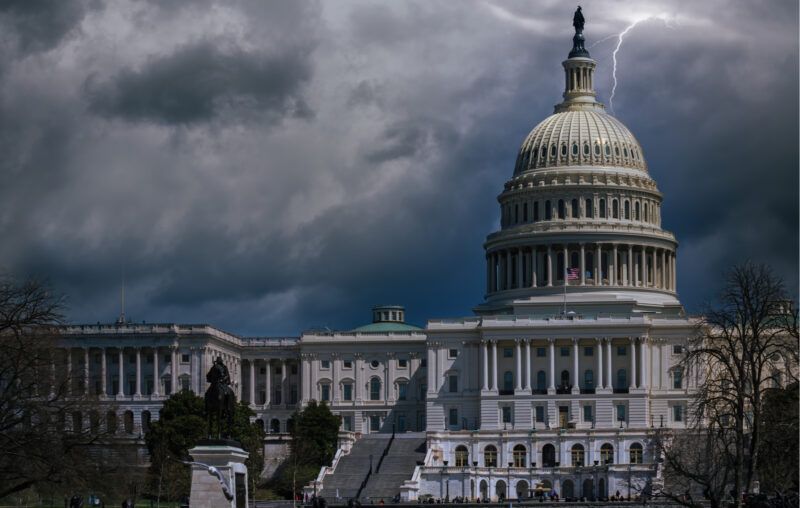Most members of the United Sates Congress repeatedly and, it seems, without a second thought vote for legislation that violates the restraints imposed by the US Constitution. It has been this way for many years. That situation has helped a government of limited, enumerated powers become a behemoth.
Lately, even the mechanics laid out in the Constitution for the process by which the government operates are coming under attack in Congress. We see an example of this in the Equal Representation Act (HR 7109) that the US House of Representatives is scheduled to vote on this week.
HR 7109 seeks to exclude people who reside in a state but are not US citizens from the count of people in the respective states obtained via the census and used to decide how many House members may be elected from each state. An expected result is reducing the number of House members elected from some states while increasing the number of House members elected from other states. Whether this change is a good idea is neither here nor there for a representative seeking to uphold the Constitution given that the bill seeks to accomplish the change through ordinary legislation instead of the required constitutional process.
The Fourteenth Amendment states: “Representatives shall be apportioned among the several States according to their respective numbers, counting the whole number of persons in each State, excluding Indians not taxed.” Other provisions of the amendment deal expressly with citizens, but here the selected group is the broader one of persons. The requirement is clear.
There is a constitutionally prescribed process for changing the means by which it is determined how many representatives there are from each state: Amend the Constitution. In that process, the House and Senate, via two-thirds supermajority votes in each body, start the ball rolling by proposing an amendment that then is handed off to the states for the ratification decision. What the House and Senate cannot constitutionally do is override the Constitution, as attempted via HR 7109, through the ordinary legislative process that avoids the supermajority vote requirement in Congress and the key authority the Constitution places in the states.

